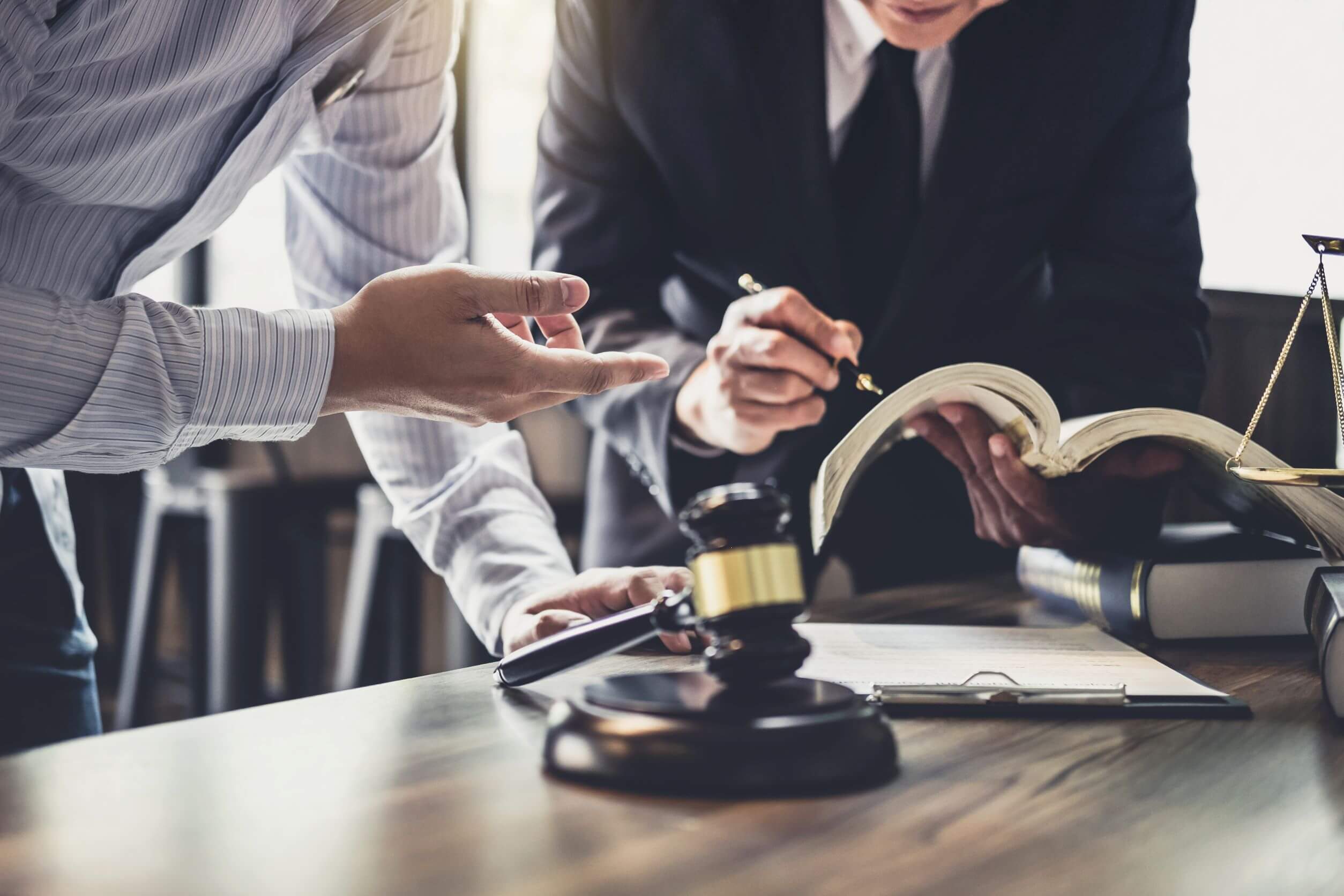Chief Justice Rabner concluded with the following in relevant part: Although the Court cautions against it, if prosecutors or investigators show witnesses the same or new photos of a defendant during trial preparation, under the belief there is good reason to do so, they must create a contemporaneous, written record of what occurred and disclose it to the defense. The Court does not require an electronic recording to be made when a witness who previously made an identification is shown the same or new photos of a defendant. However, when an identification procedure is conducted during trial preparation with a witness who did not previously make an identification, the procedure should be recorded electronically consistent with Rule 3:11.
The Court asks the Criminal Practice Committee to revise Rule 3:11 to comport with the principles announced in this decision. Based on what occurred during trial preparation, defendants may seek a pretrial hearing to determine whether a witness’s identification evidence will be admitted at trial. Practices during trial preparation that run afoul of the Court’s guidance in this decision would weigh against admitting the evidence.
The trial preparation sessions at issue in this case did not accord with the principles set forth in today’s decision because the State showed photos of defendant to witnesses during trial preparation and did not disclose that information at the time. Without knowing what took place, defense counsel was not able to ask for a Wade hearing prior to trial. On two occasions, defense counsel asked for a testimonial hearing in the middle of trial, but the trial court declined to conduct the full hearings sought. Because it is not entirely clear from the record who saw which photos, and when they saw them, the Court remands to the trial court to develop a factual record and conduct a Wade hearing. Based on the outcome of the hearing, the trial court should determine, witness by witness, whether the testimony should have been admitted and whether a new trial is warranted. The Court offers no view on the outcome of the hearing. If the court decides that a new trial is required, defendant’s conviction should be vacated and a new trial date set.
Wade hearings rarely lead to the exclusion of evidence. Their utility is in developing a pretrial record to assist with jury instructions and trial strategy.

